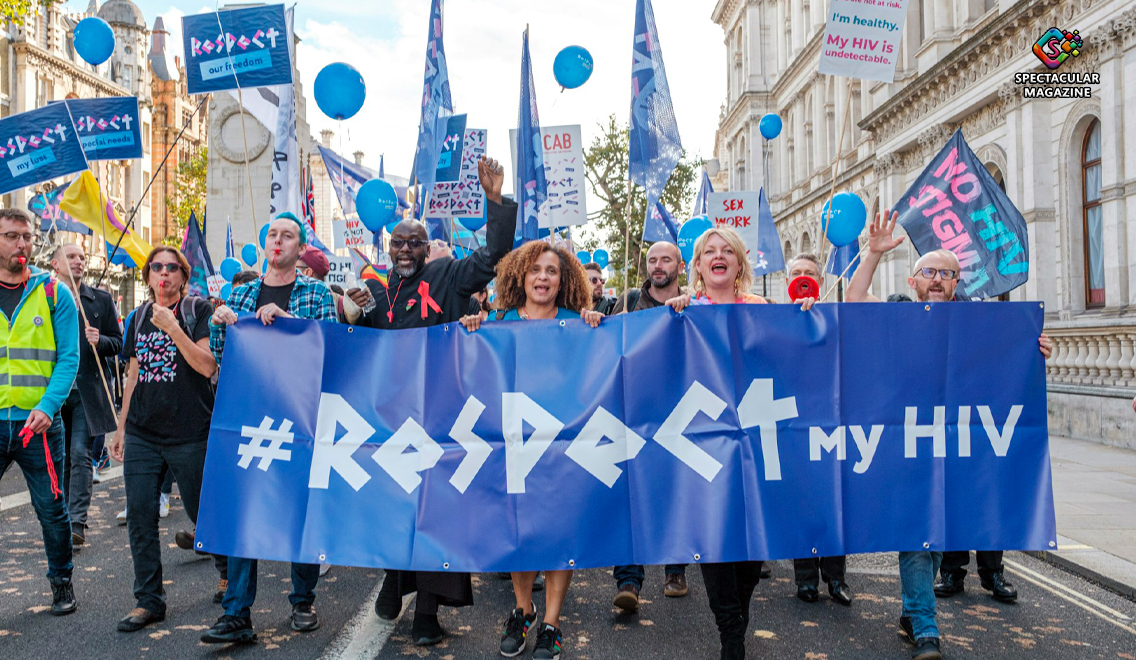Durham’s HIV Crisis: A Call for Urgent Action on Health Equity and Housing
DURHAM, NC – As World AIDS Day approaches on December 1, Durham confronts an alarming crisis in its response to HIV/AIDS. Despite its reputation for cutting-edge medical facilities and progressive ideals, the city is failing to meet the needs of its most vulnerable residents living with HIV.
The numbers tell a stark story: Durham ranks fourth in North Carolina for HIV prevalence, with Black and Latine residents disproportionately affected. While initiatives like affordable housing and Housing First have been implemented, significant gaps remain—particularly for individuals facing discrimination, stigma, and systemic barriers to care.
A Growing Challenge
Durham County reports 1,906 people living with HIV and 812 living with AIDS. Among the hardest hit:
- 1,272 per 100,000 Black residents
- 640 per 100,000 Latine residents
- Compared to 211 per 100,000 White residents
These disparities demand urgent, targeted action.
Barriers to Care: Housing Instability and Mismanagement
Stable housing is crucial for people living with HIV, yet Durham’s approach has fallen short:
- High rents and landlord discrimination prevent the use of housing vouchers for people living with HIV.
- Chronic underutilization of federal Housing Opportunities for Persons with AIDS (HOPWA) funds leaves millions unspent despite urgent need. For example:
- 2023–2024: $1,066,328 allocated; $398,140 (37%) unused.
- Over the past four years, Durham has failed to spend $1.37 million of HOPWA funds.
These missed opportunities perpetuate a cycle of housing insecurity, which research links to a 27-fold increase in mortality for newly diagnosed individuals.
Local Organizations Filling the Gaps
Durham’s nonprofits are stepping in where systemic failures persist:
- Healing with CAARE and ACRA provides housing and care despite funding shortages.
- El Centro Hispano addresses rising HIV rates in the Latine community.
- Southeast Community Resources offers innovative solutions, such as a coordination dashboard.
However, these efforts remain limited without transparency and stronger financial support from city leaders.
A Community-Driven Plan
The Coalition to End the HIV Epidemic in Durham is leading efforts to address these challenges with a data-driven approach. Their strategy includes:
- Integrating housing with HIV care
- Enhancing outreach to marginalized communities
- Fully utilizing HOPWA and CDC funds
- Implementing tools like Southeast Community Resources’ coordination dashboard
Dr. Hayley Cunningham of Duke University’s Infectious Diseases Clinic emphasizes: “We have the knowledge and dedication to make a difference—what’s missing is the City’s full partnership.”
Call to Action
This World AIDS Day, the Coalition urges Durham’s leaders to:
- Fully allocate HOPWA funds annually.
- Collaborate with the Coalition to implement its care coordination plan.
- Provide transparency on CDC and HOPWA funding usage.
- Prioritize HIV housing in the City’s Affordable Housing Plan.
- Allocate $2.5 million to establish an EHE System of Care.
For residents:
- Attend the Coalition’s MLK Day event on January 20th to learn more.
- Advocate for action by contacting your city council members.
- Volunteer with or donate to organizations supporting people living with HIV.
A Vision for Equity
Durham has the tools and resources to end its HIV epidemic, but decisive action is needed. By ensuring access to housing, care, and equity, the city can honor the lives lost to HIV/AIDS and support those still fighting. Together, Durham can transform its approach and serve as a model for health equity.


